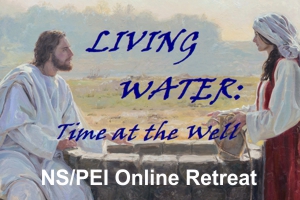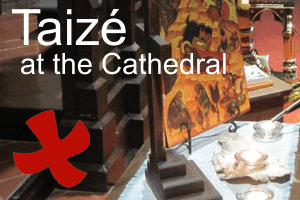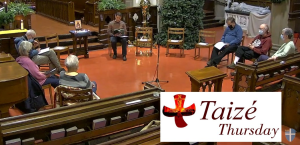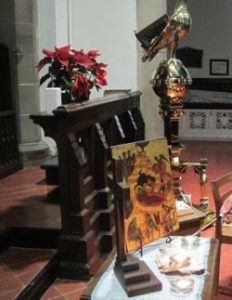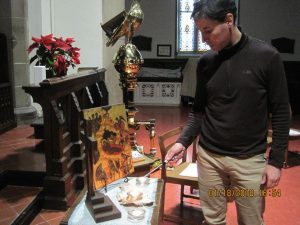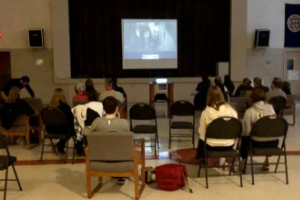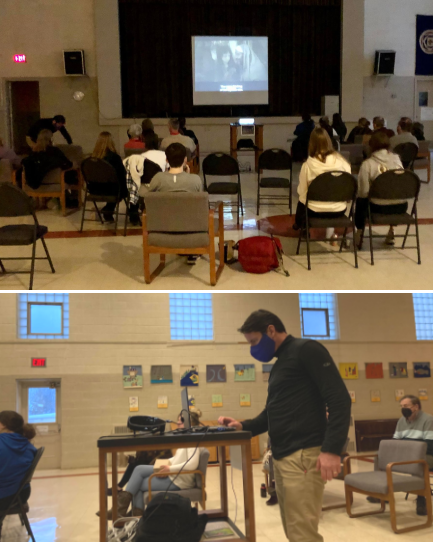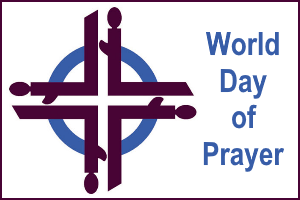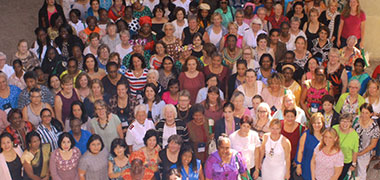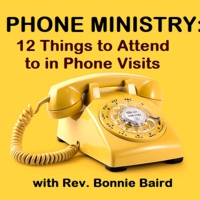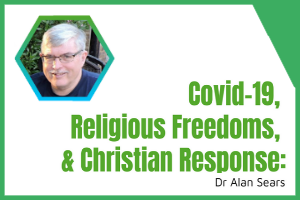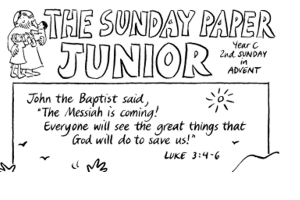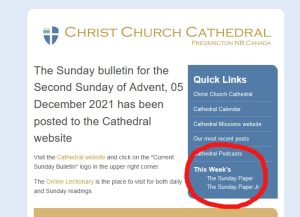LIVING WATER: Time at the Well
"All who are thirsty, come to the water!" - Isaiah 55:1a
LIVING WATER: Time at the Well Registration
Online retreat hosted by the Diocese of Nova Scotia and Prince Edward Island
Feeling parched and spiritually dry? Are you weary and thirsty to have your soul refreshed? Come away with friends and soak in prayer, scripture, relaxed discussion and worship. Encounter Christ who offers the hope and revitalization of living water.
A Lenten gathering on Zoom designed for lay people - takes place Friday, April 1, from 7 p.m. to 9 p.m., and Saturday, April 2, from 9 a.m. to 12-noon. Join in these enrichment sessions from the comfort of your home or with others in a gathering space at church. Clergy are warmly welcomed to attend too.
Living Water includes a deep dive into several Bible passages, short talks, quiet reflection time, small group conversations and inspiring worship.
Hosted by the Diocese's Creating Missional Communities Team (VSST).
Got questions? Contact staff support, Lisa Vaughn (902) 789-4840 or <lvaughn at nspeidiocese.ca>.
 Living Water Planning Team
Living Water Planning Team
Heather Carter, Cathedral Church of All Saints, Halifax, NS
Eva Evans, St. James, Brooklyn (Valley), NS
Kent Gregory, St. Mark's, Halifax, NS
Scott MacQuarrie, Christ the King/Resurrection, Sydney, NS
Ann Moore, Parish of Hatchet Lake & Terence Bay, NS
Tanya Moxley, St. Nicholas' Westwood Hills, NS
Janet Vieth Forbes, Parish of Summerside & St. Eleanors, PE
Joe Young, St. Francis by the Lakes, Lower Sackville, NS
